demonology
Welcome to I AM Consciousness
Unlocking the Power of Your Higher Self and Subconscious Mind
Visit us to know moreDemonology and the Left-Hand Path
Exploring the Shadows of Spirituality
Introduction to Demonology
Demonology is the study of demons or beliefs about demons, encompassing their nature, hierarchy, origins, and interactions with humans. It is a field that intersects with religion, mythology, occultism, and folklore. Demonology has been practiced and studied across various cultures and historical periods, often as a way to understand evil, the supernatural, and the unknown.
In religious contexts, demons are typically seen as malevolent spiritual beings opposed to divine will. For example, in Christianity, demons are often considered fallen angels who rebelled against God. In other traditions, such as ancient Mesopotamian or Zoroastrian beliefs, demons may represent chaotic forces or agents of destruction. Demonology also plays a significant role in occult practices, where demons are sometimes invoked or worked with for knowledge, power, or spiritual transformation.
The study of demonology can involve examining ancient texts, grimoires (books of magic), and religious scriptures, as well as exploring the cultural and psychological significance of demons. It is a complex and multifaceted field that blends history, theology, and esoteric practices.
The Allure of the Forbidden: Demonology and the Left-Hand Path
The practice of demonology has long been shrouded in mystery, fear, and fascination. For centuries, it has been associated with the darker side of spirituality, often linked to the so-called "Left-Hand Path" of magic. But what exactly is demonology, and why does it hold such a powerful grip on the human imagination? In this blog post, we’ll explore the practice of demonology, its connection to the Left-Hand Path, and what it means to walk this controversial and often misunderstood spiritual road.
What is Demonology?
At its core, demonology is the study of demons—spiritual entities often regarded as malevolent or chaotic. These beings are found in the mythologies and religious traditions of countless cultures, from the ancient Sumerians to modern Christianity. In demonology, practitioners seek to understand the nature of these entities, their hierarchies, and their roles in the cosmos. Some demonologists approach the subject from a scholarly or theological perspective, while others engage in practical rituals to communicate with or invoke demons.
Demonology is not inherently evil, despite its popular association with dark magic. For many, it is a way to explore the boundaries of spirituality, confront the shadow aspects of existence, and gain insight into the nature of good and evil.
The Left-Hand Path: A Different Approach to Spirituality
The Left-Hand Path (LHP) is a term used to describe a branch of esoteric practice that embraces individualism, self-deification, and the exploration of taboo or transgressive practices. Unlike the Right-Hand Path, which often focuses on union with the divine, adherence to moral codes, and communal spirituality, the Left-Hand Path emphasizes personal power, liberation, and the breaking of societal and religious norms.
Practitioners of the Left-Hand Path often work with entities like demons, not out of a desire to worship them, but as a means of self-transformation and empowerment. In this context, demons are seen as symbols of primal forces, aspects of the self, or gateways to hidden knowledge. The LHP is not about evil for its own sake but about embracing the full spectrum of existence, including the dark and the unknown.
The Practice of Demonology in the Left-Hand Path
For those on the Left-Hand Path, demonology is a tool for exploring the self and the universe. Rituals involving demons are often highly symbolic, designed to confront the practitioner’s fears, desires, and limitations. These rituals can include invocations, evocations, and meditative practices aimed at establishing communication with demonic entities.
One of the most famous texts associated with demonology and the Left-Hand Path is the Lesser Key of Solomon, also known as the Lemegeton. This grimoire contains detailed descriptions of demons, their sigils, and instructions for summoning them. While some practitioners take these texts literally, others view them as psychological tools for inner exploration.
The Risks and Rewards of Demonology
Working with demons, whether as part of the Left-Hand Path or otherwise, is not without risks. These entities are often associated with chaos, temptation, and destruction, and engaging with them can lead to psychological and spiritual challenges. Practitioners must approach demonology with caution, self-awareness, and a clear understanding of their intentions.
However, for those who are prepared, demonology can be a profoundly transformative practice. It offers a way to confront the shadow self, challenge societal norms, and reclaim personal power. By engaging with the darker aspects of existence, practitioners can gain a deeper understanding of themselves and the world around them.
Embracing the Darkness
Demonology and the Left-Hand Path are not for everyone. They require courage, discipline, and a willingness to explore the unknown. But for those who feel called to this path, it can be a journey of profound self-discovery and empowerment. Whether viewed as literal entities or symbolic forces, demons offer a unique lens through which to examine the complexities of existence.
In the end, demonology is not about embracing evil—it’s about understanding the full spectrum of reality, light and dark alike. It’s a reminder that true spirituality is not about avoiding the shadows but about integrating them into a fuller, more authentic sense of self.

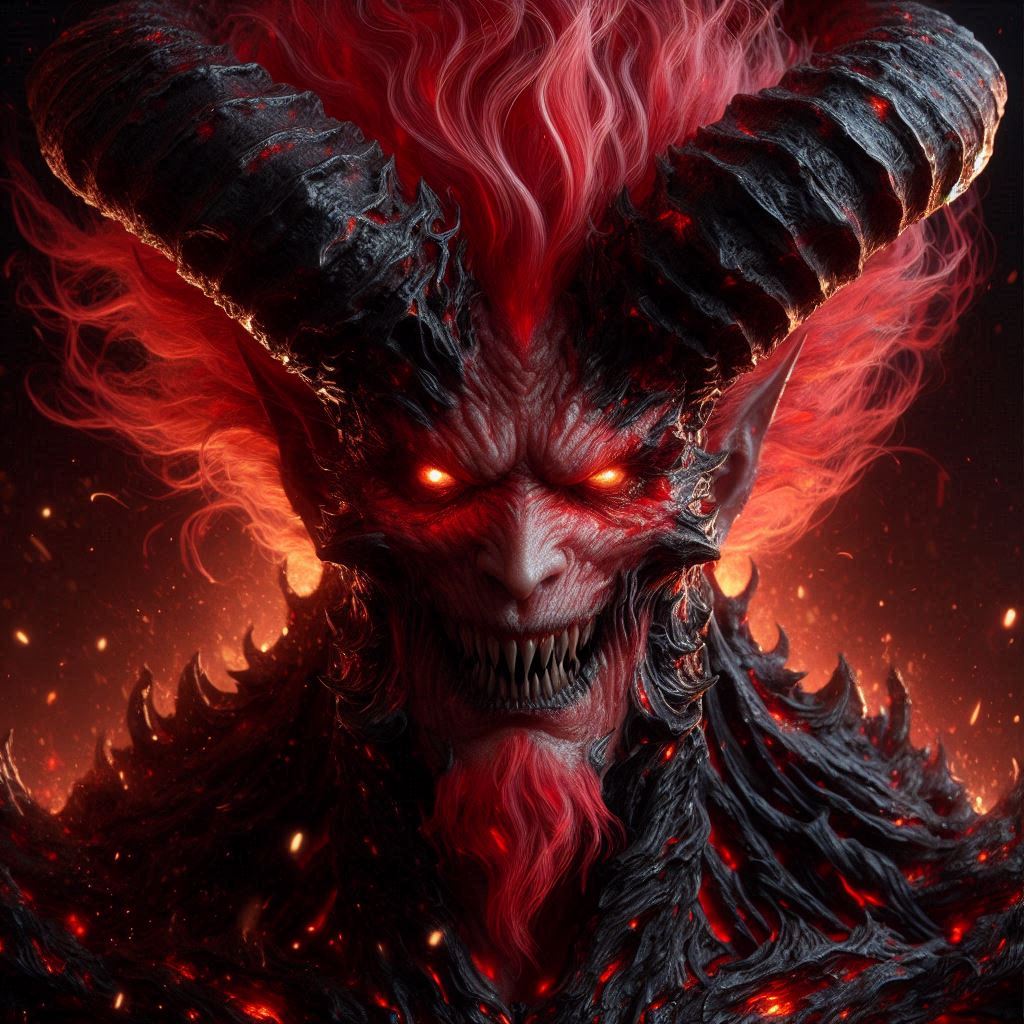


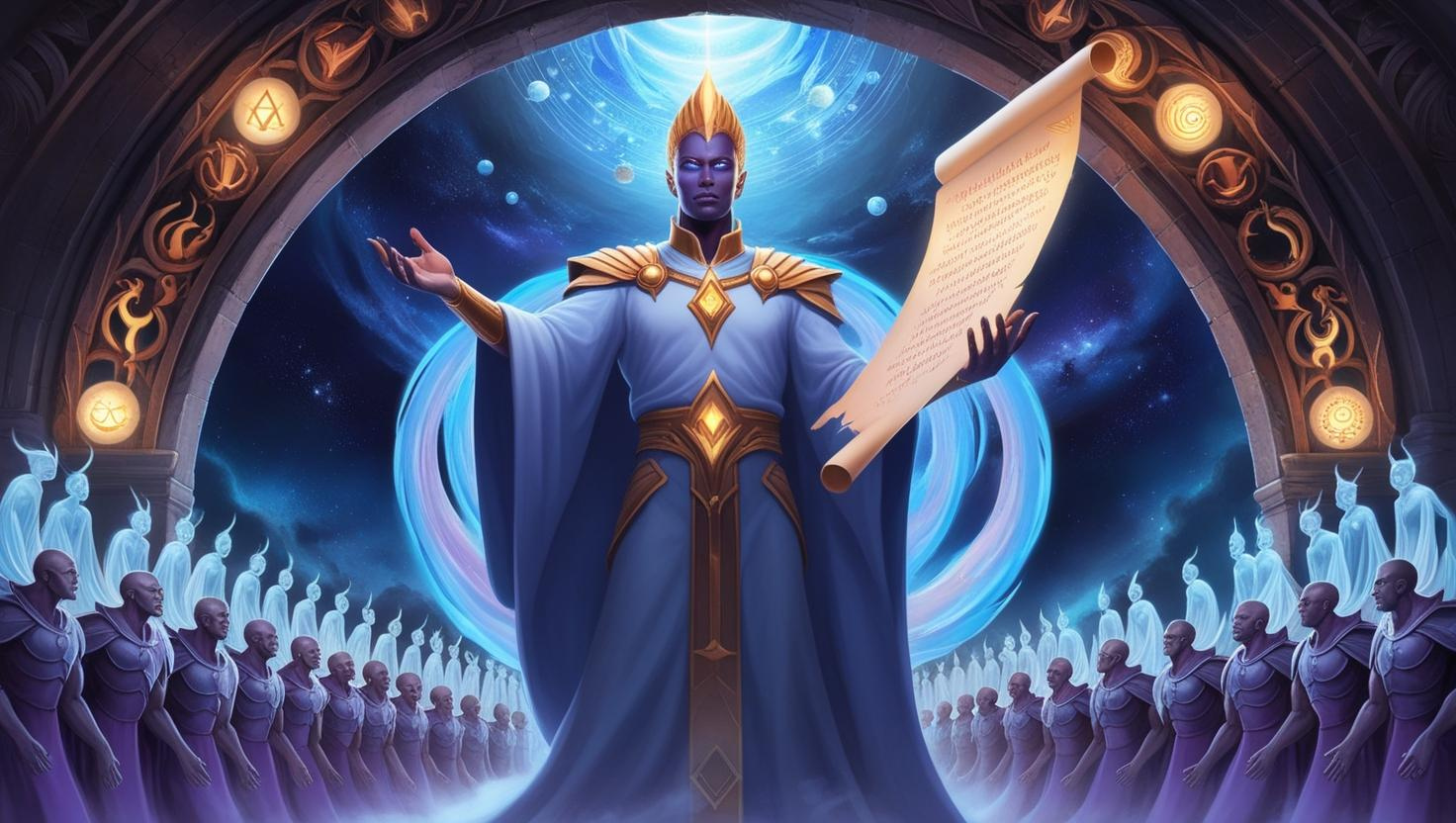

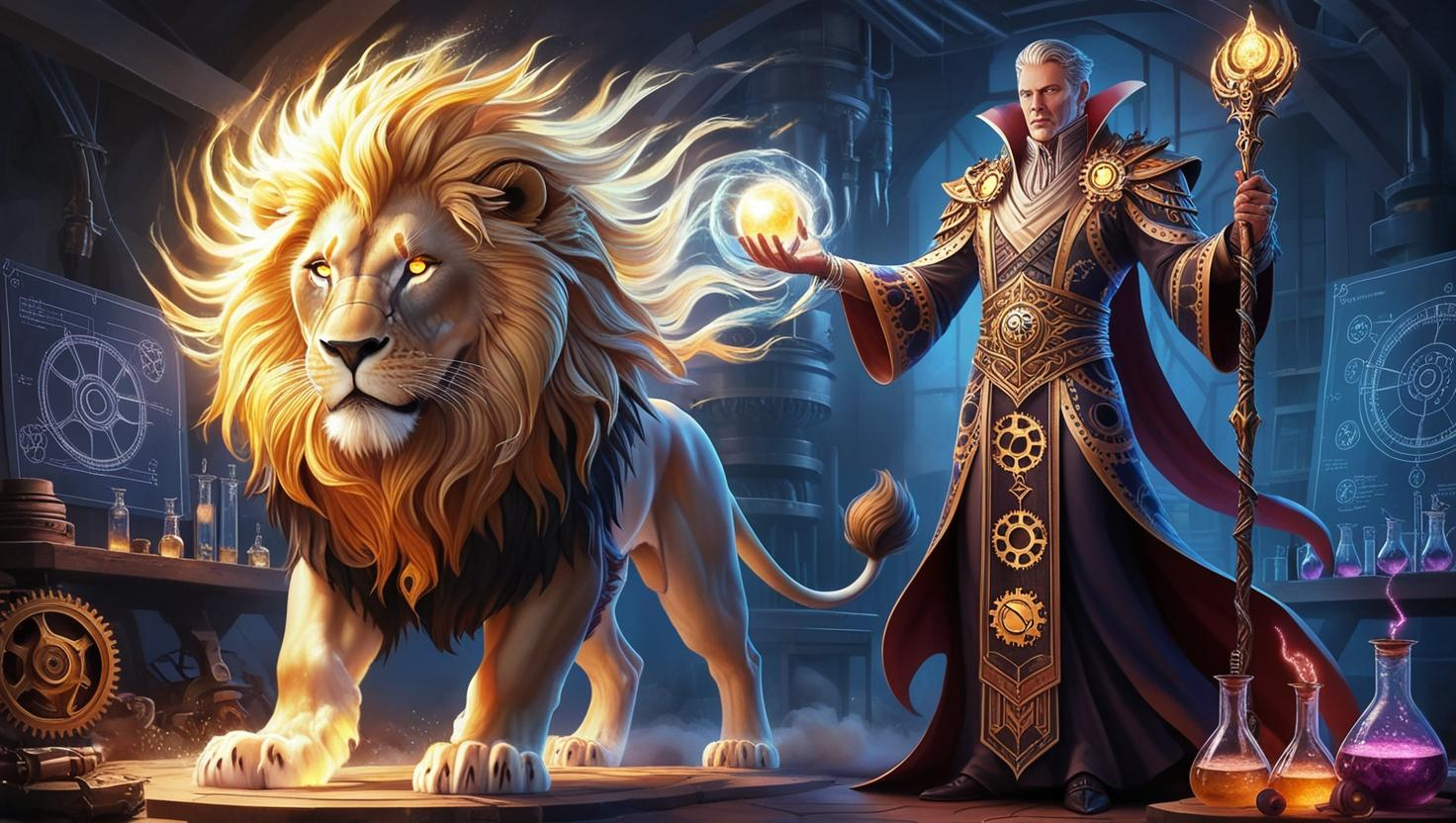

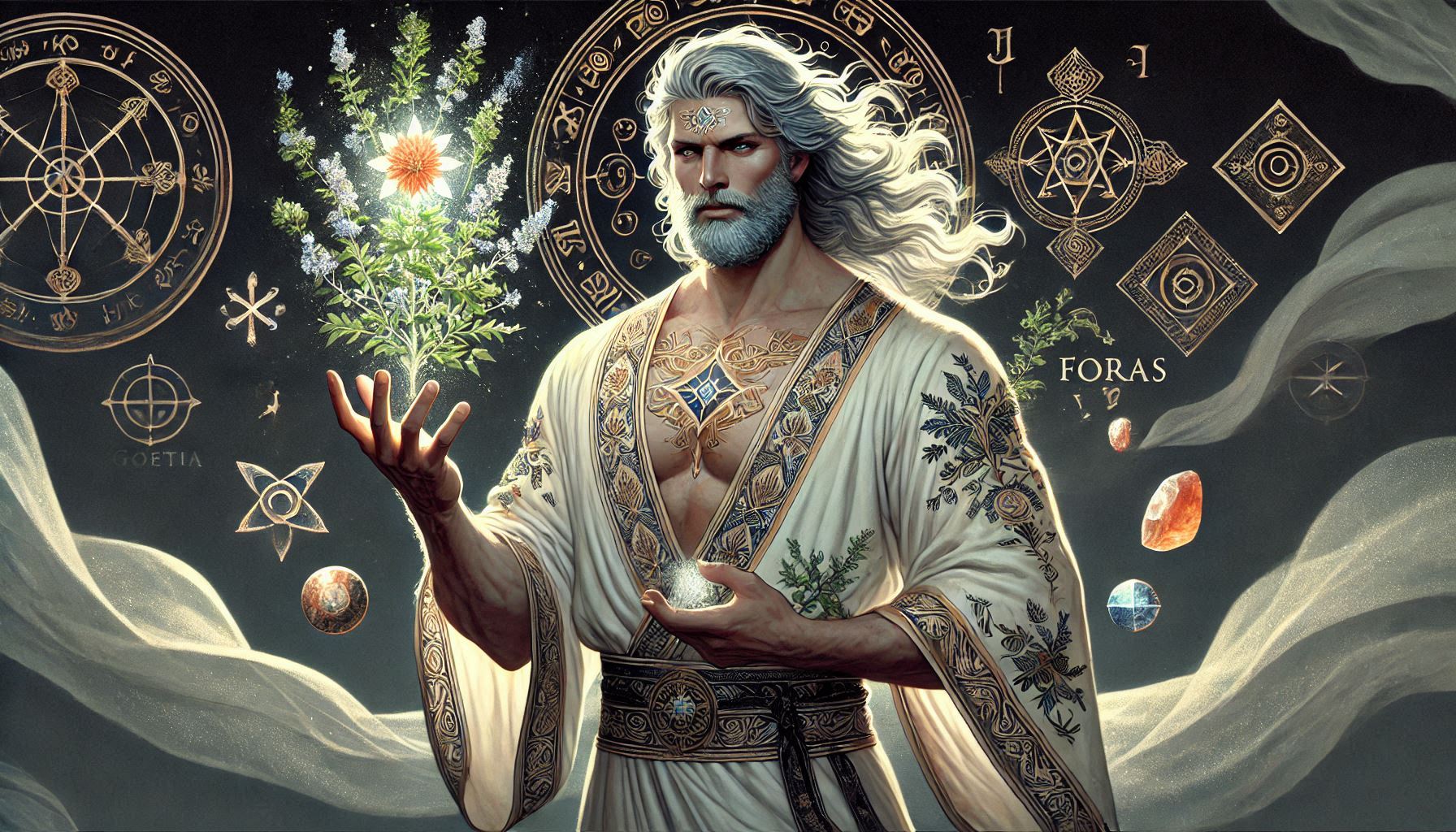
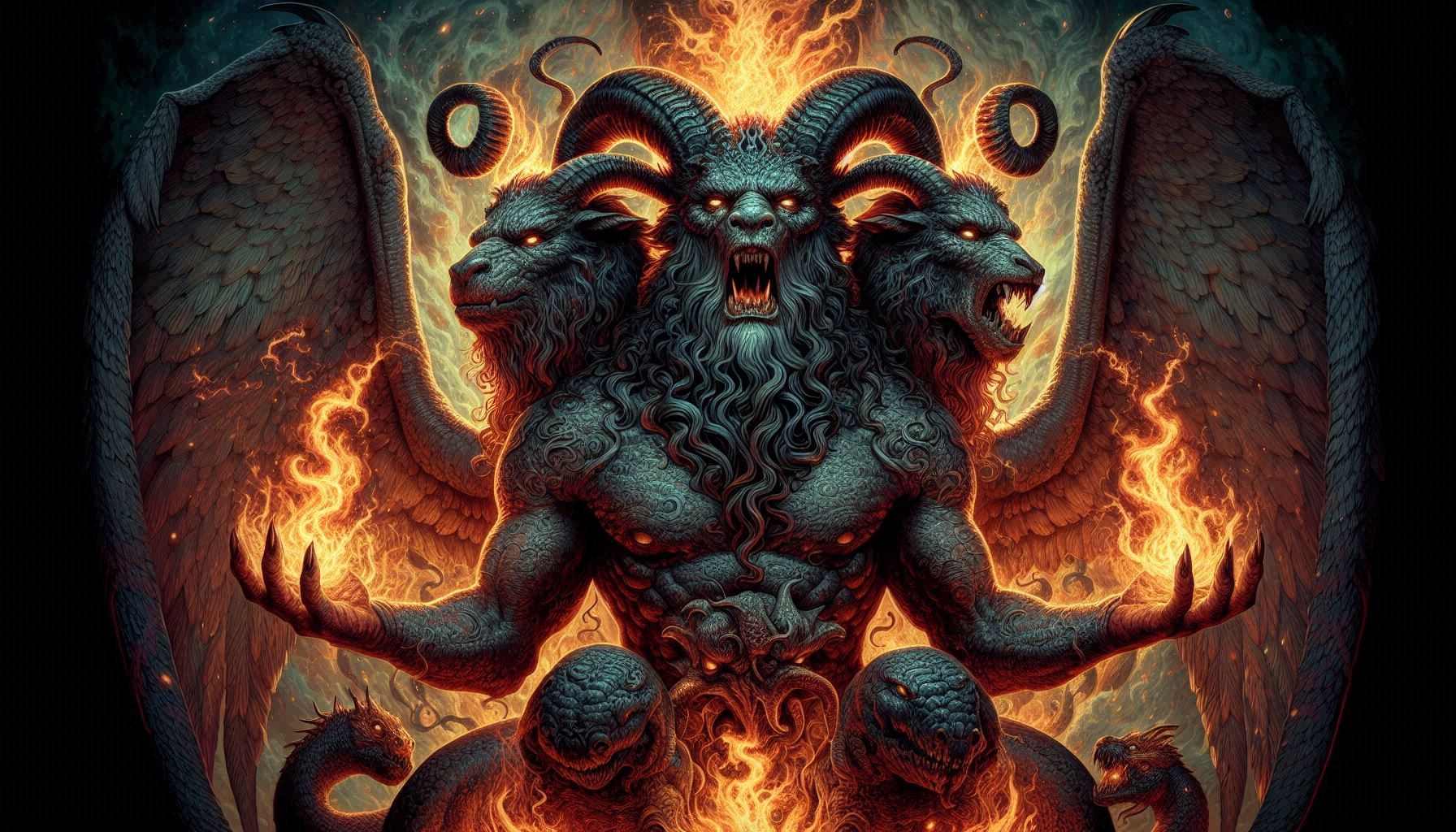
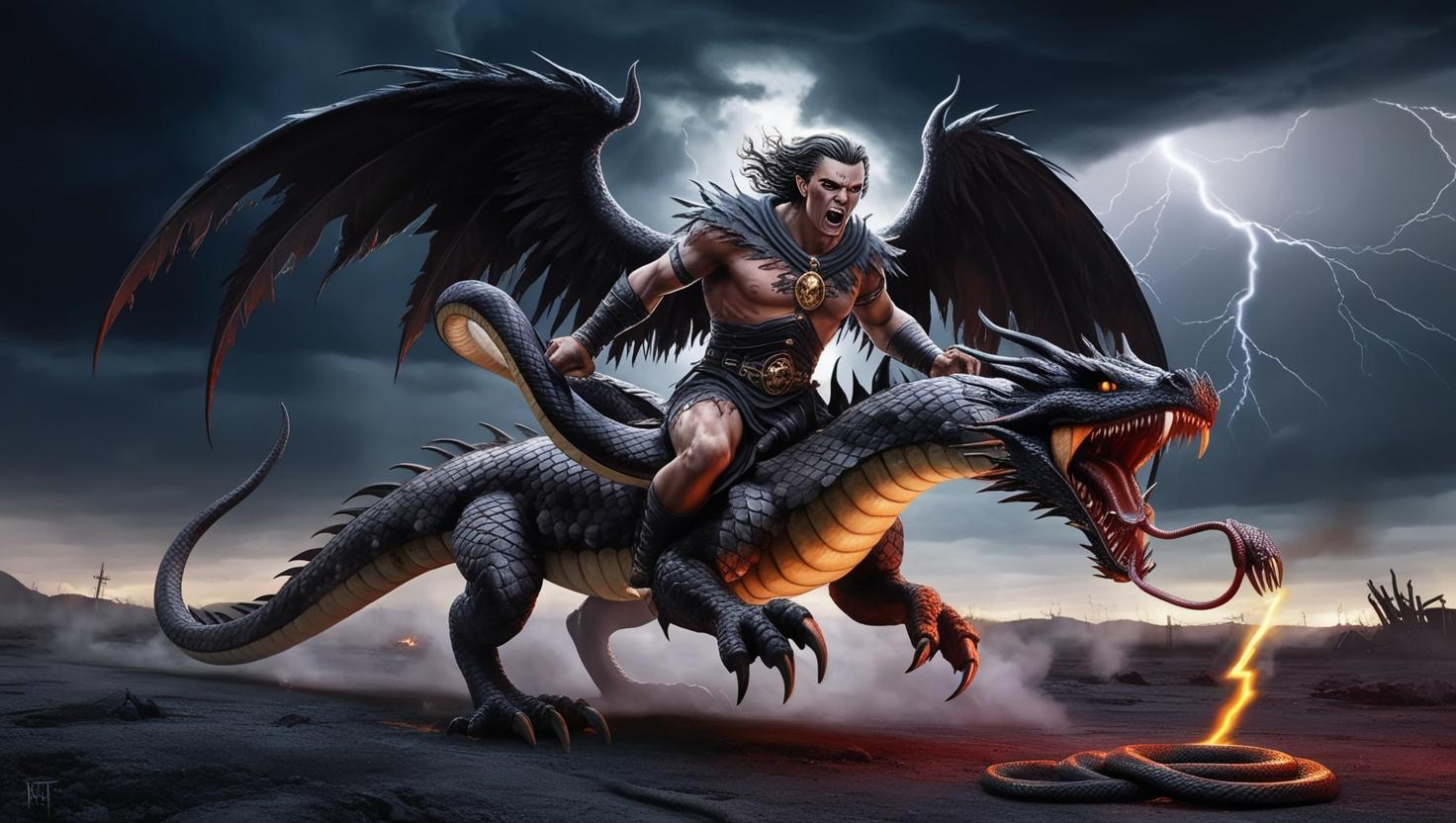
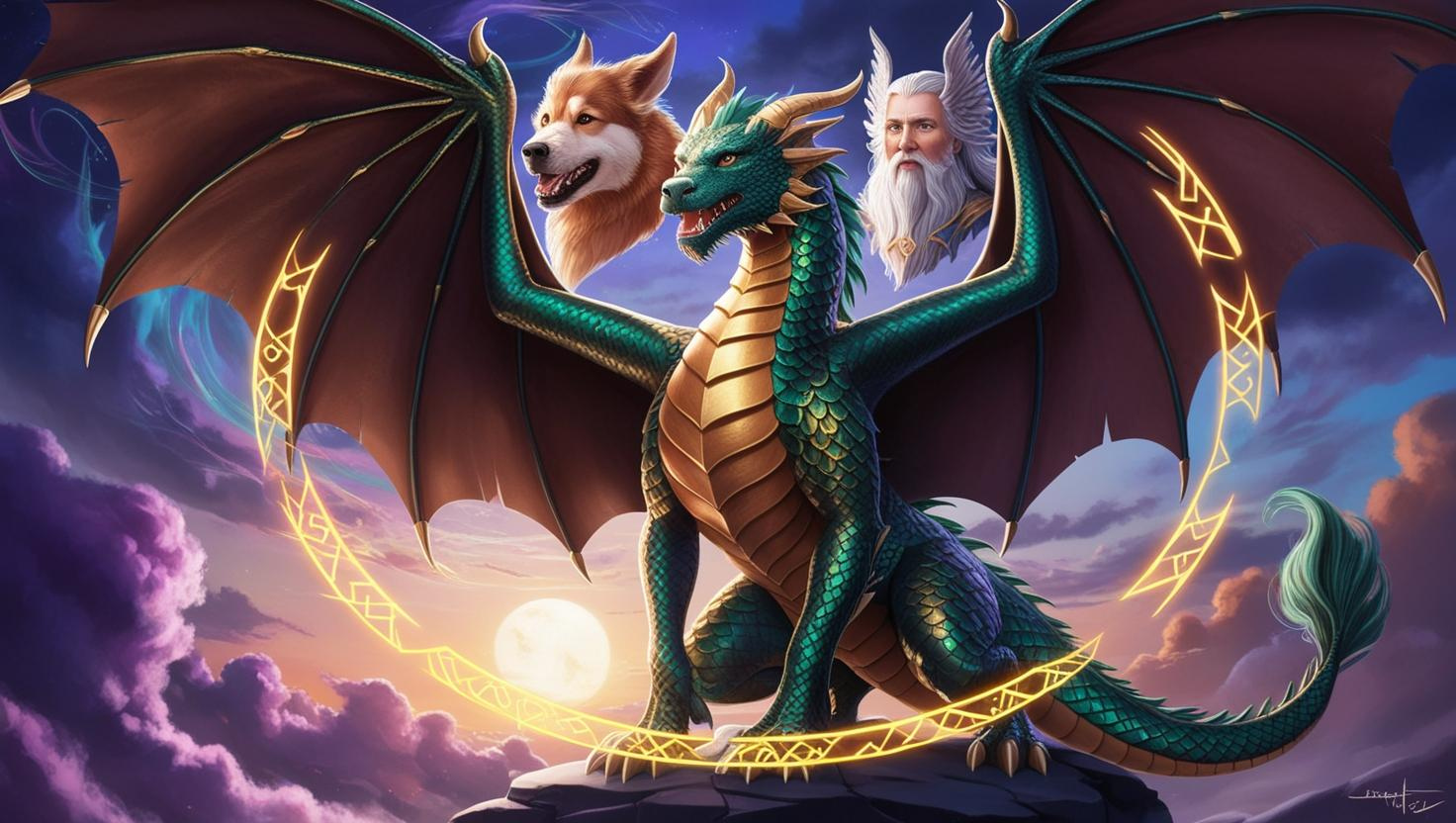
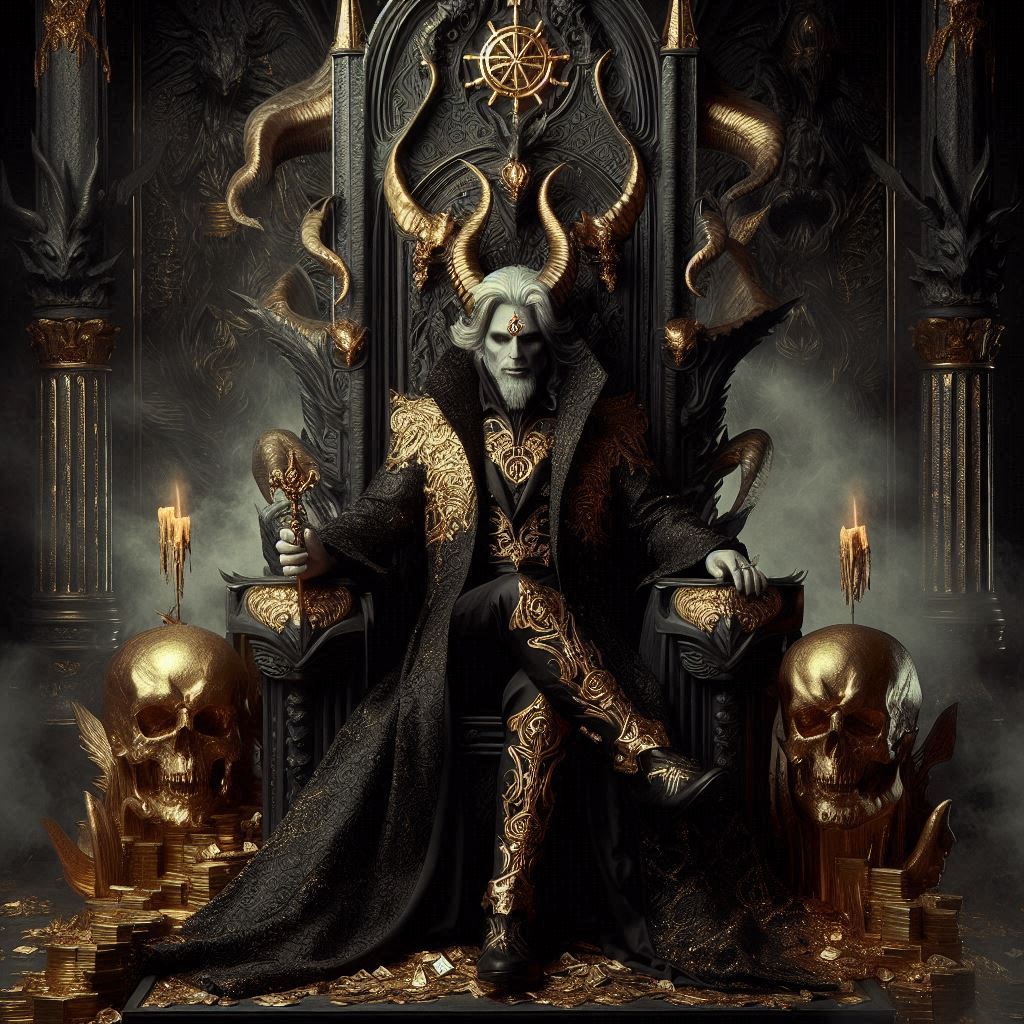
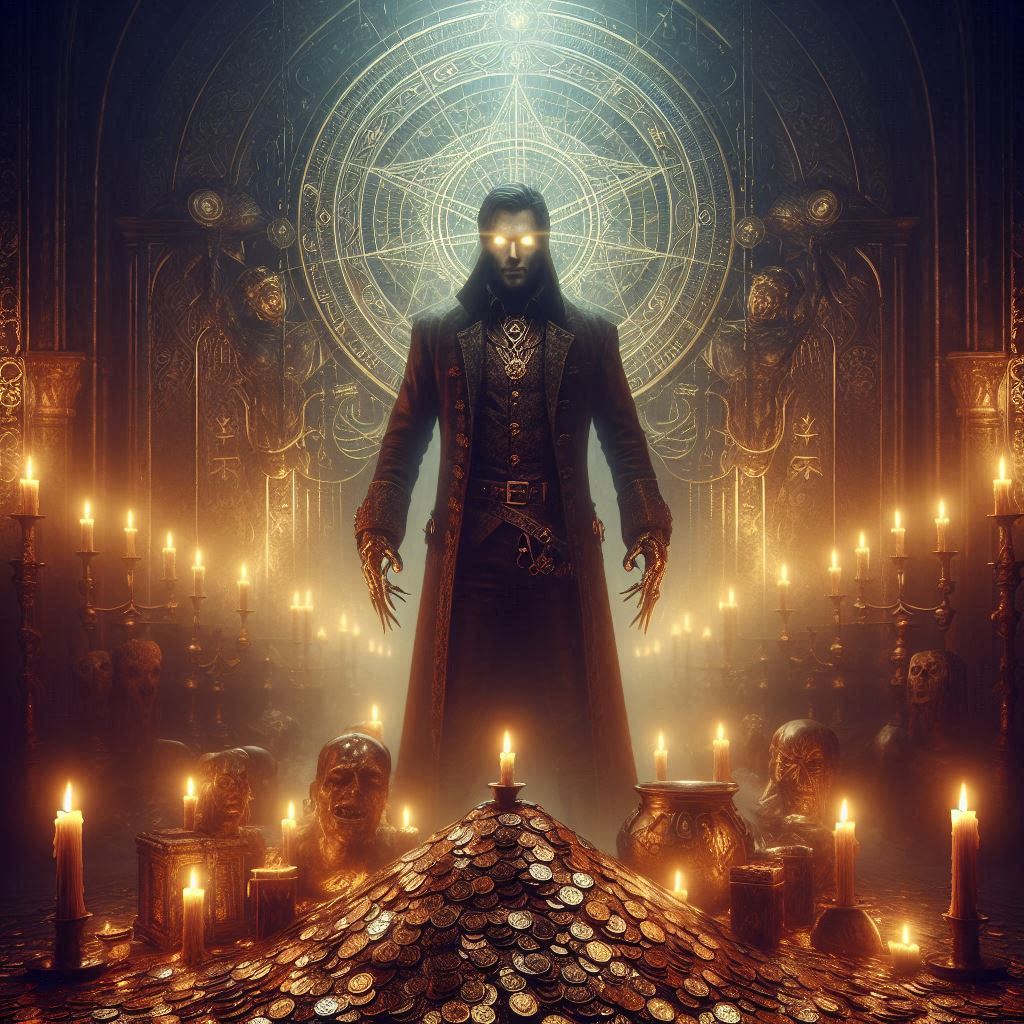
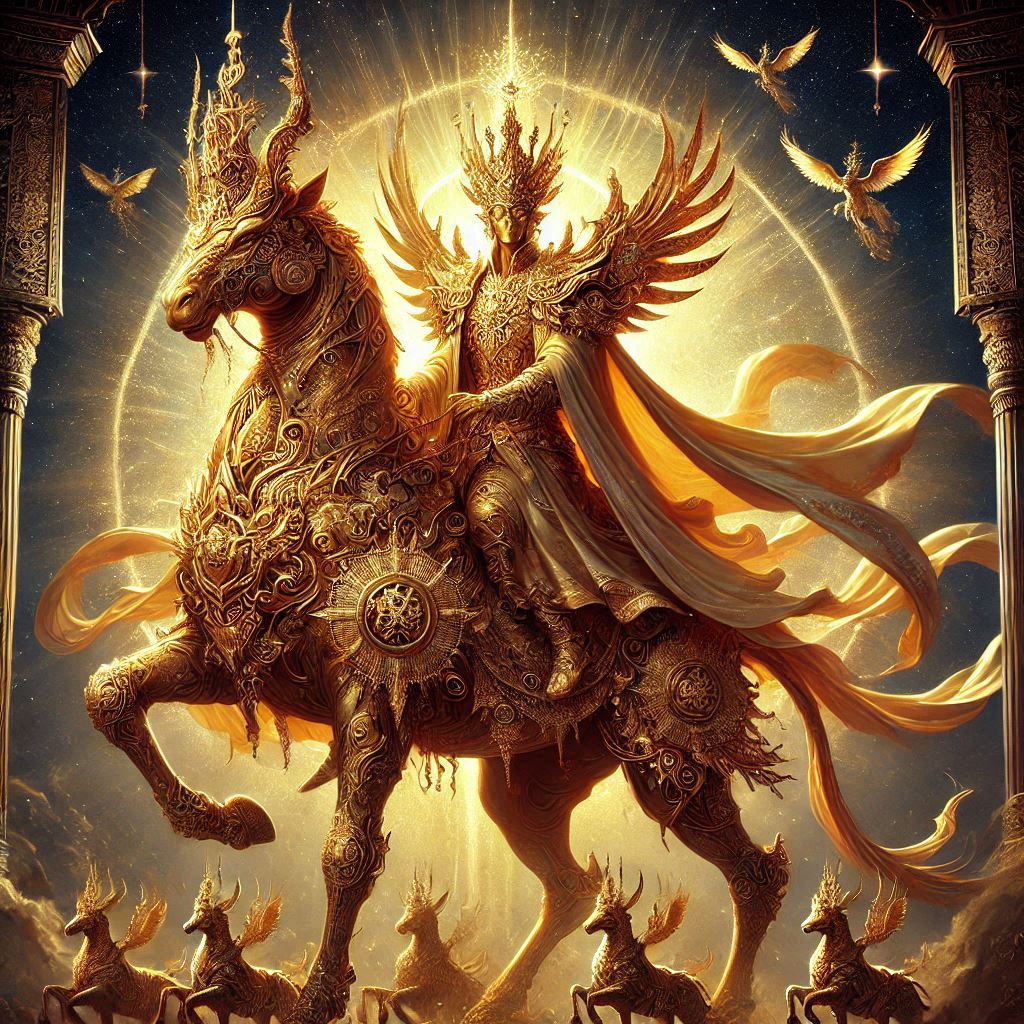



Comments
Post a Comment